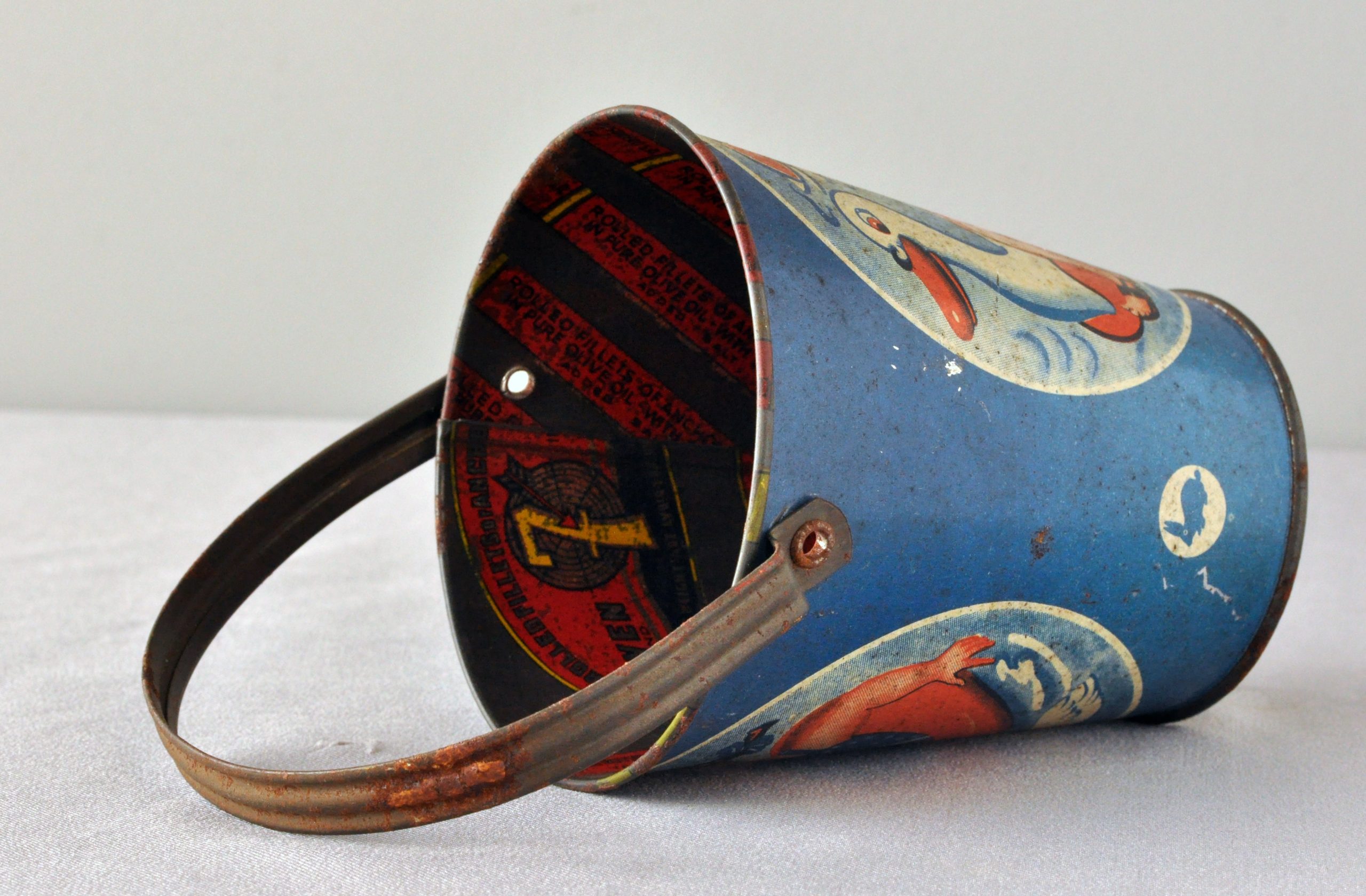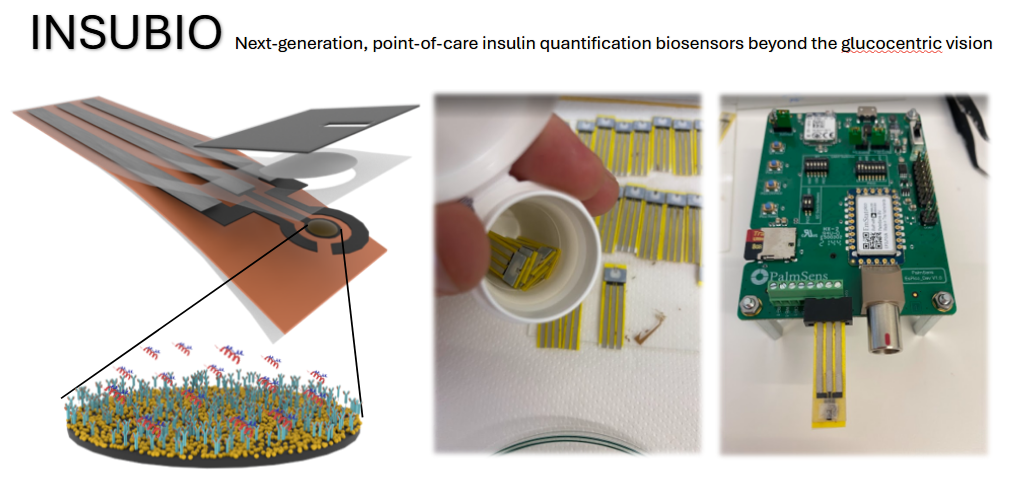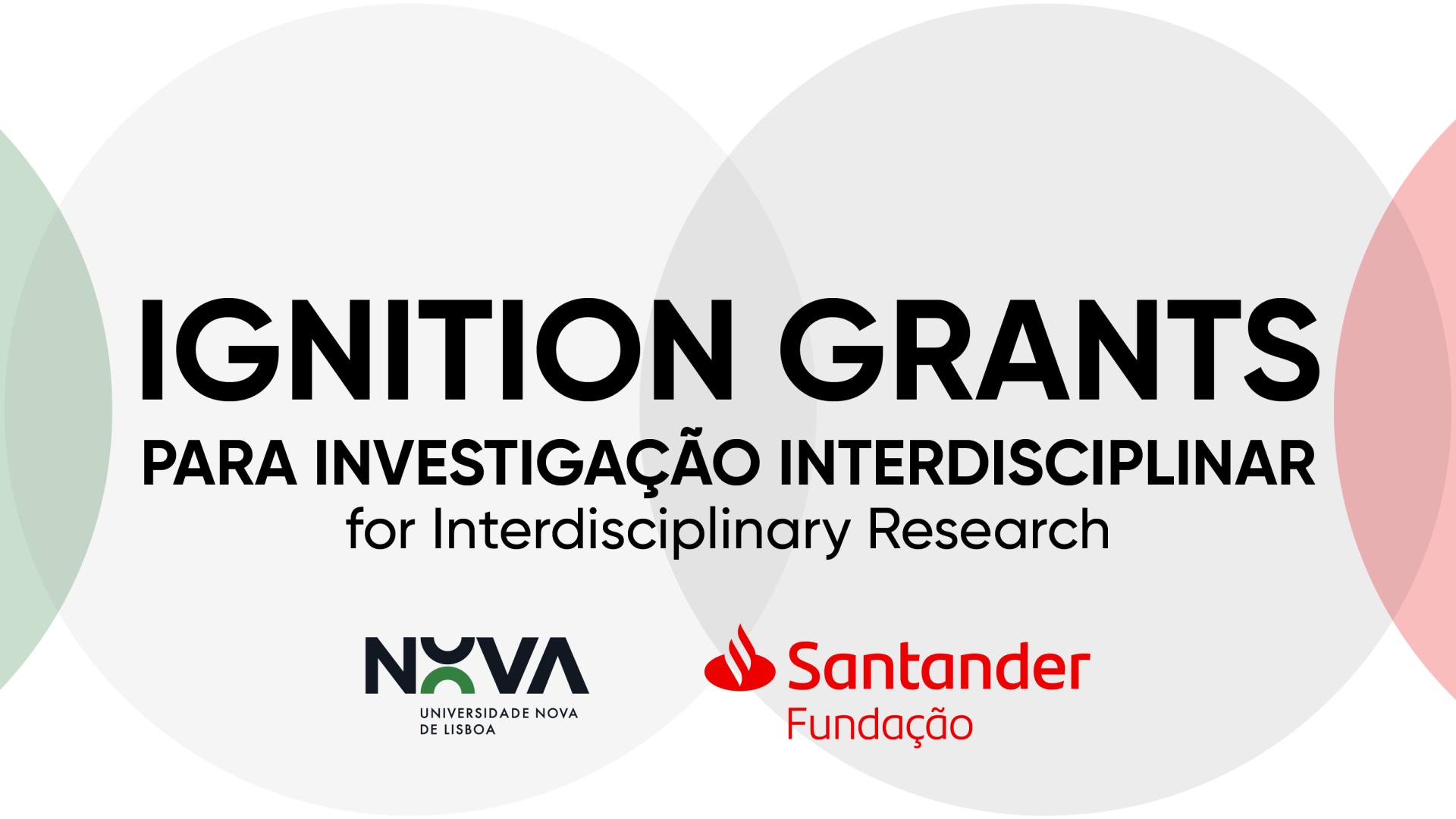The 1st edition of the Ignition Grants for Interdisciplinary Research, supported by Fundação Santander Portugal, selected 3 scientific projects for funding, each awarded with 30.000€.
The Ignition Grants for Interdisciplinary Research replaced the previous “Santander/NOVA Collaborative Research Award”. The call features two main new aspects: it was open to all fields of knowledge and had a significant increase in its grant amount. The initiative aims to develop new collaborative and interdisciplinary research ideas that address societal and scientific challenges.
The initiative is aligned with NOVA’s strategic goal of promoting collaborative and interdisciplinary research with great scientific and societal impact.

One of the awarded projects is NOVACryoSkin, which proposes a new paradigm in the cryopreservation of biological materials, suggesting the use of cryoprotective agents based on natural compounds for the preservation of reconstructed human epidermis. This is particularly innovative because currently long-term preservation of biological material requires extremely low temperatures combined with highly toxic cryoprotectants.
In this project, Principal Investigator (PI) Filipe Oliveira, from NOVA FCT, teams up with Professor Duarte Barral, from NMS, to combine two emerging and highly successful technologies developed at NOVA – Eutectic Systems and NOVA Skin®, respectively. This innovative approach may allow the use of low-toxicity cryoprotectants and enable preservation at milder temperatures, eliminating the need for extreme cold. As a result, it could significantly reduce the ecological footprint and technical complexity associated with cryopreservation processes, representing a major step forward in regenerative medicine.

Toy Story, on the other hand, is the winning project proposed by Isabel Tissot as Principal Investigator (NOVA FCT) that will explore tinplate toys produced in Portugal between 1920 and 1960, analysing them as both cultural and material artefacts. These toys reflect the industrial, technological, and social dynamics of the time, including gender roles and educational approaches. Despite the significance of the Portuguese toy industry—known for creatively reusing materials and adapting international techniques—its history remains underexplored. The interdisciplinary team, includes Maria Fernanda Rollo (NOVA FCSH), as co-principal investigator, as well as Marta Manso, Paula Urze, and Tiago Silva (NOVA FCT), bringing together conservation, history, sociology, physics, and engineering. The project focuses on four main areas: preservation, industrial context, socio-cultural impact, and sustainable innovation. By connecting materials, production methods, aesthetics, and societal context, Toy Story will reveal the role of toys in inspiring sustainability, fostering creativity, and enriching our understanding of material culture.

Lastly, INSUBIO is the awarded project led by principal investigator Tomás Pinheiro, from NOVA FCT through the associated laboratory CENIMAT|i3N, and co-principal investigator Tatiana Burrinha, from NOVA Medical School. This young, interdisciplinary team proposes the development of an innovative insulin biosensor, designed to complement the current methods of glycemic control used in diabetes monitoring, promoting a more personalized and effective approach to the treatment of this disease.
The project stands out for its low environmental impact, combining technological innovation with ecological responsibility. It also seeks to democratize access to healthcare by developing more affordable and reliable solutions for monitoring diabetes. INSUBIO exemplifies the strategic collaboration between two research centers of excellence, bringing together engineering, materials science and biomedicine to respond to challenges with an impact on quality of life.
Through this initiative, NOVA and Fundação Santander Portugal reinforce their commitment to promoting collaborative and interdisciplinary science, opening doors for new ideas to flourish and contribute to meaningful scientific and societal progress.

